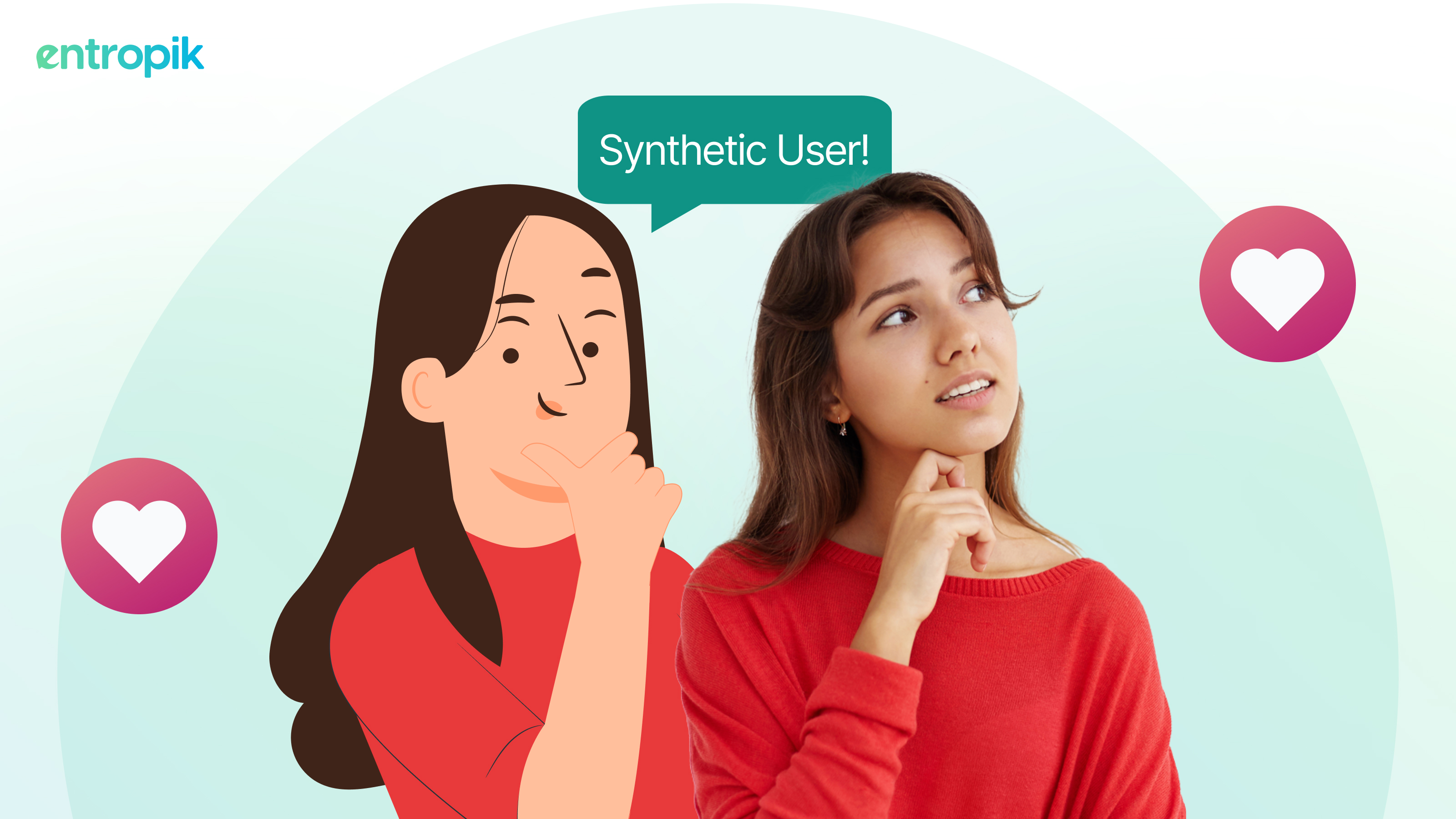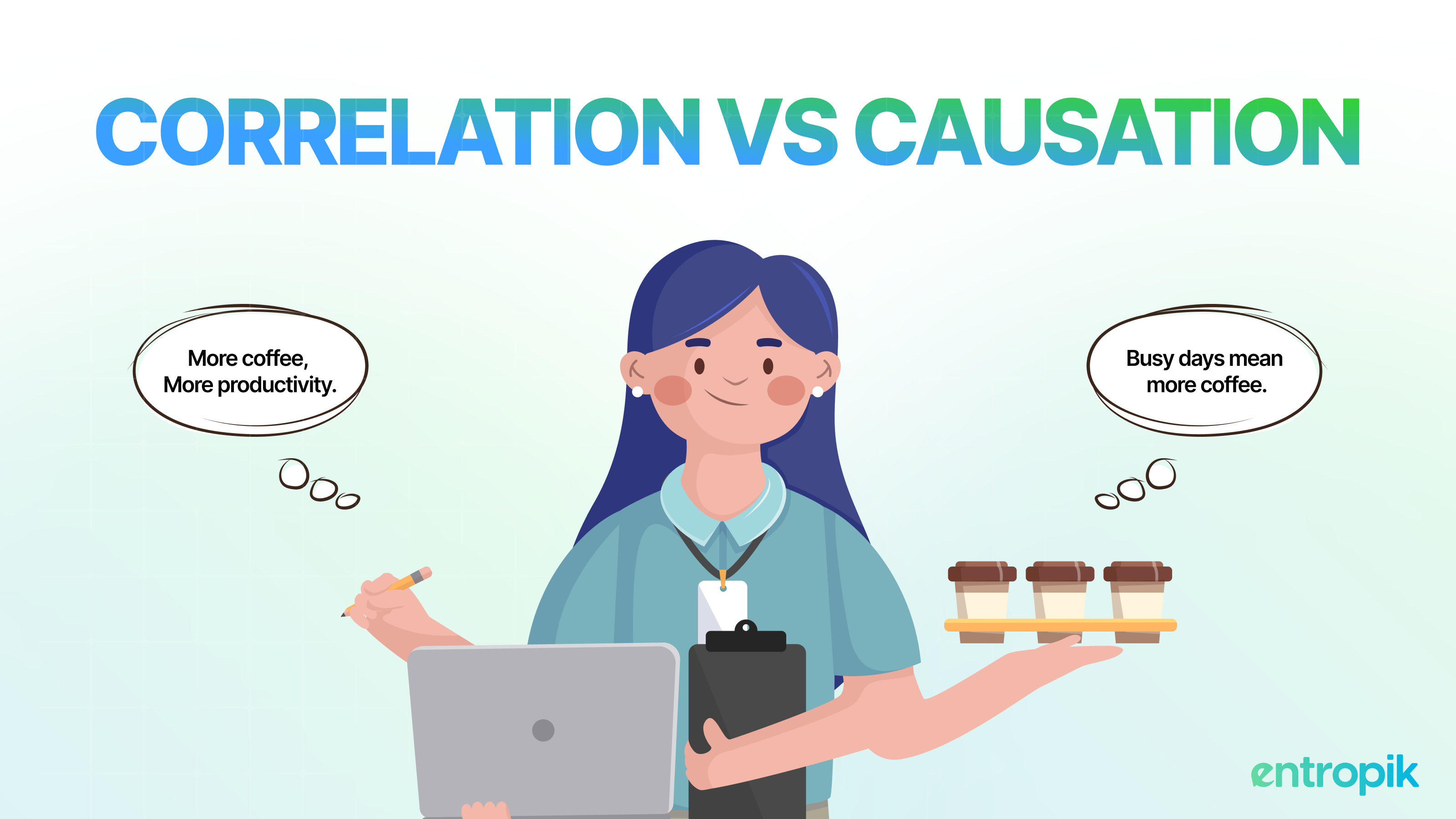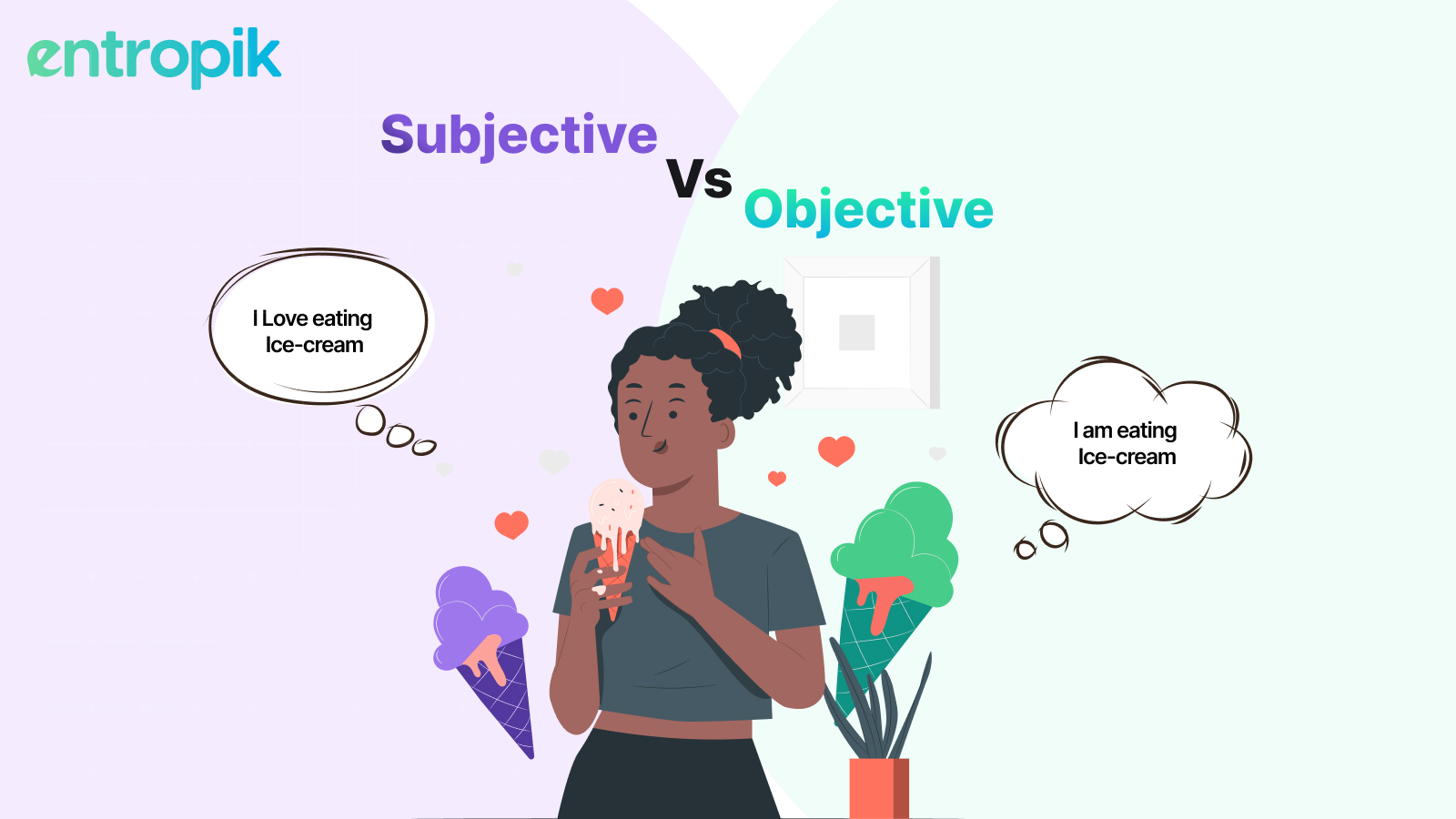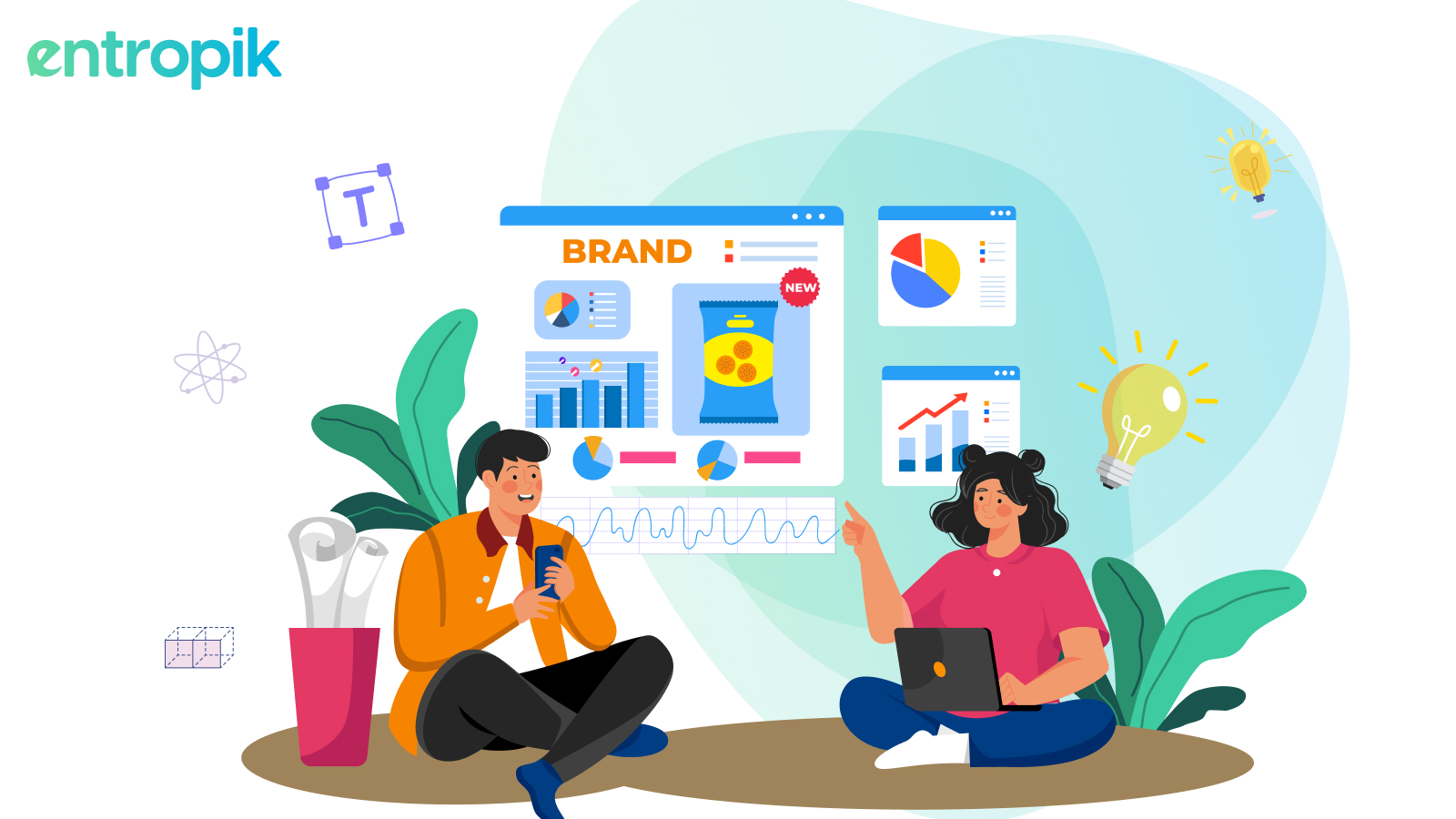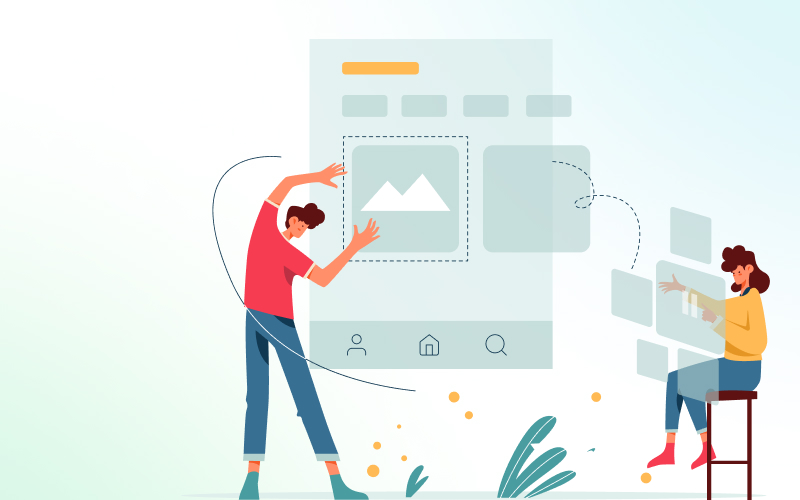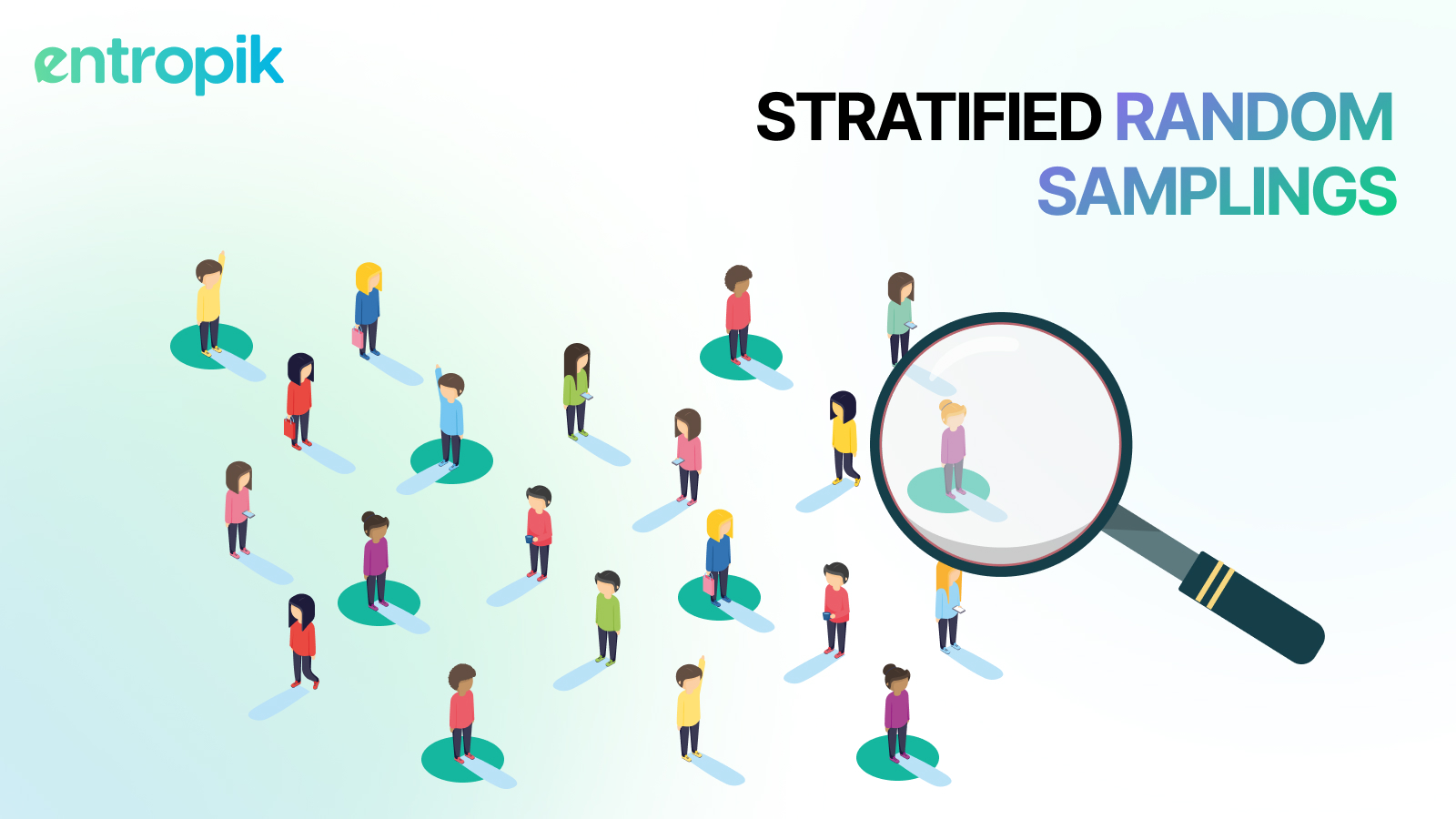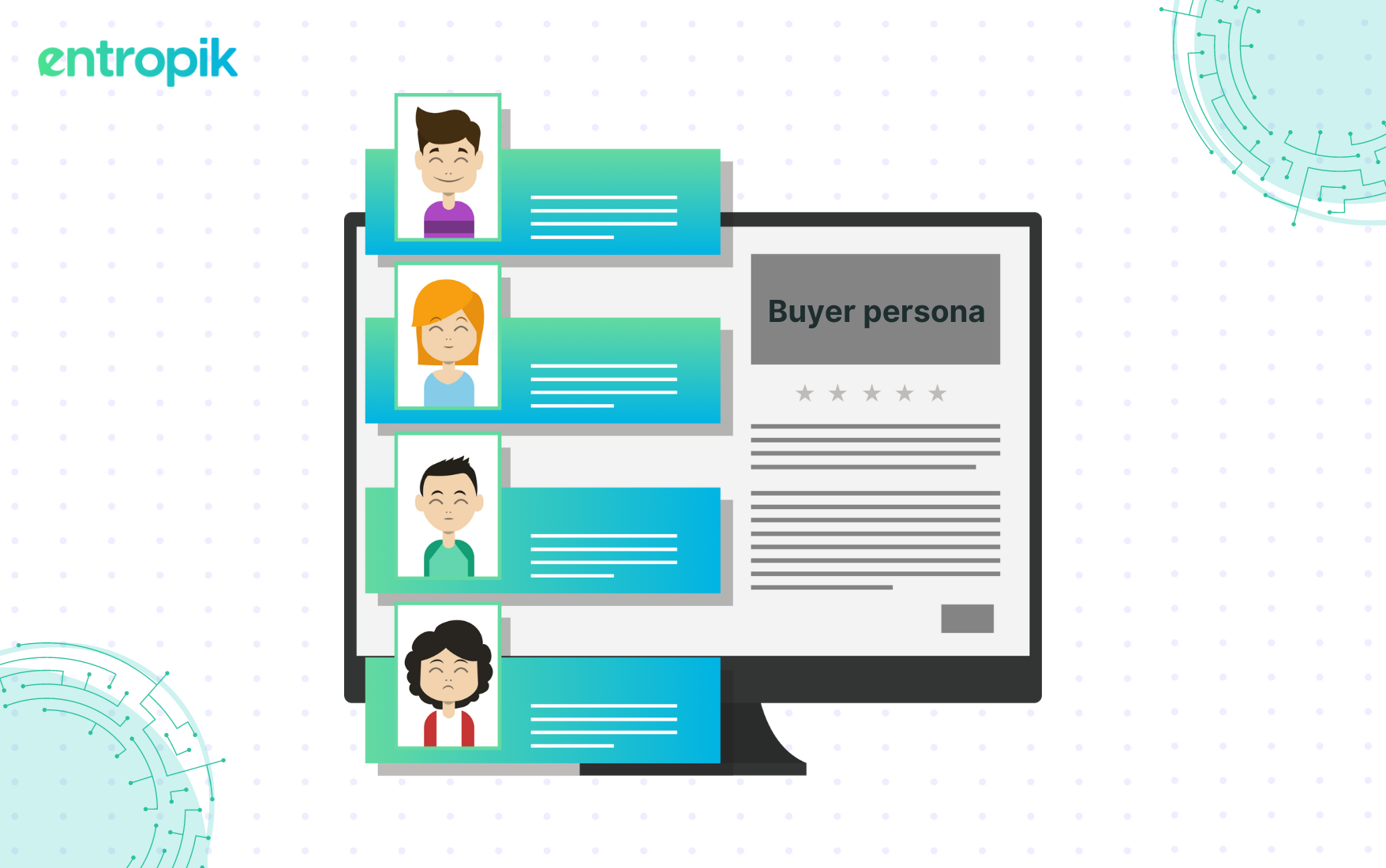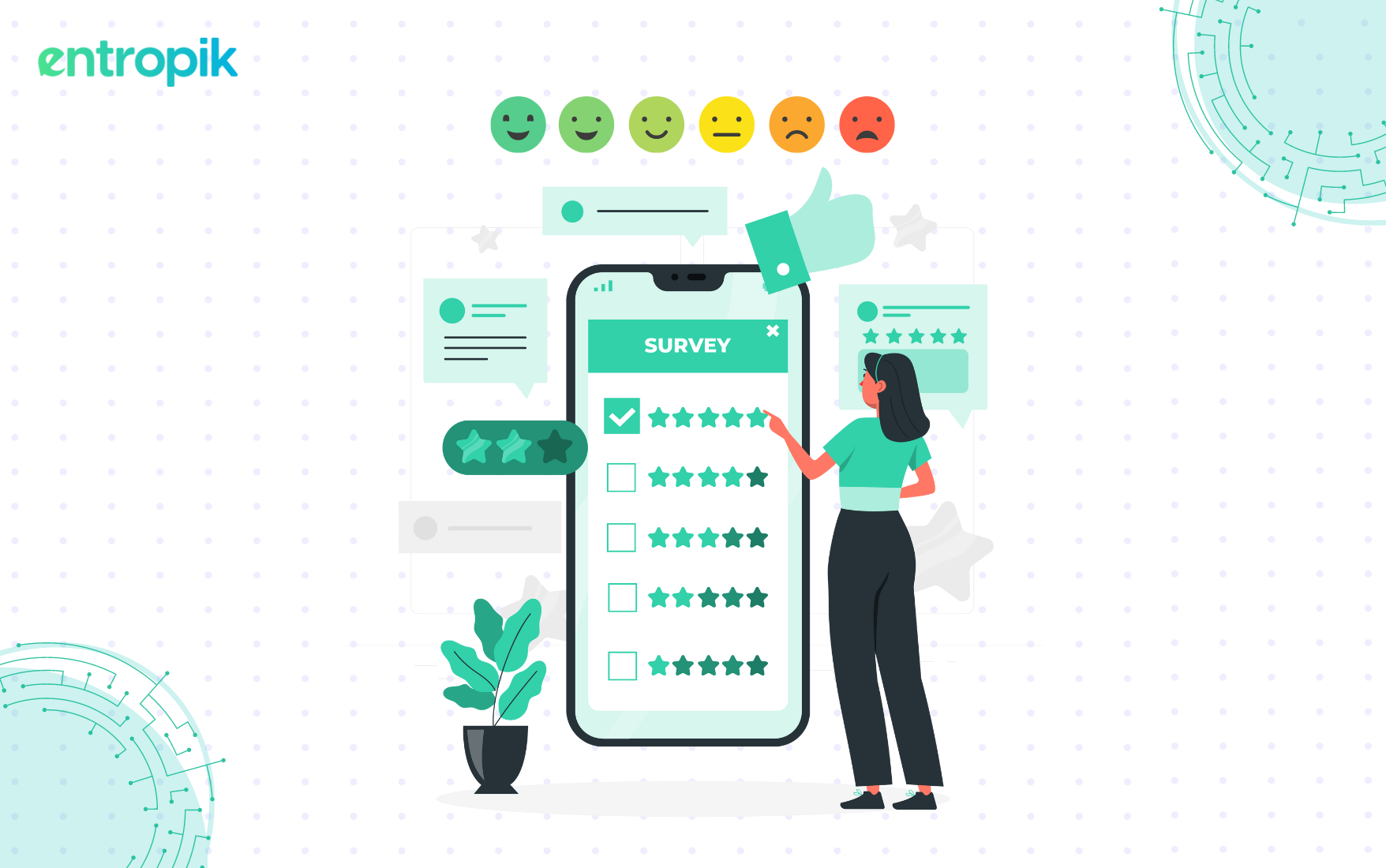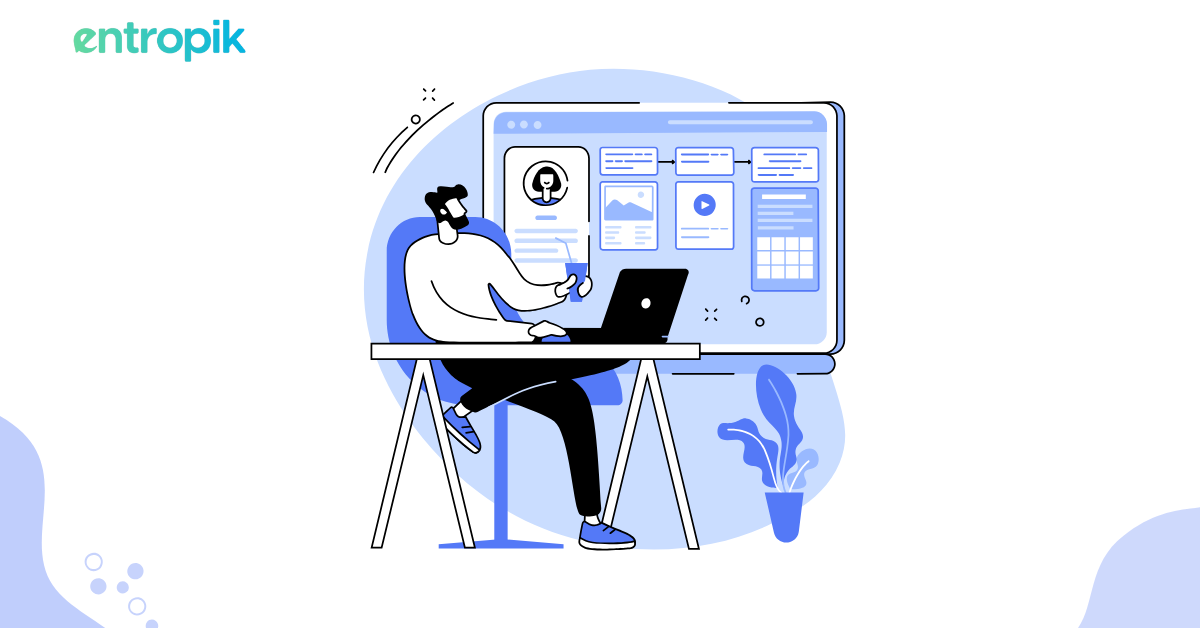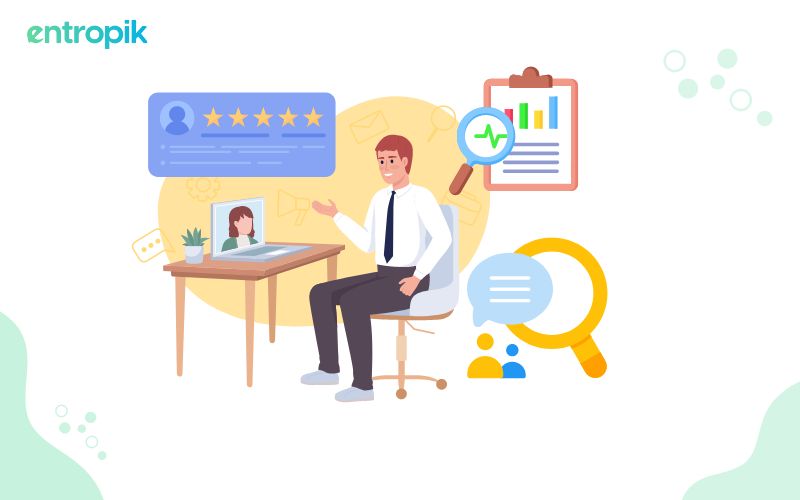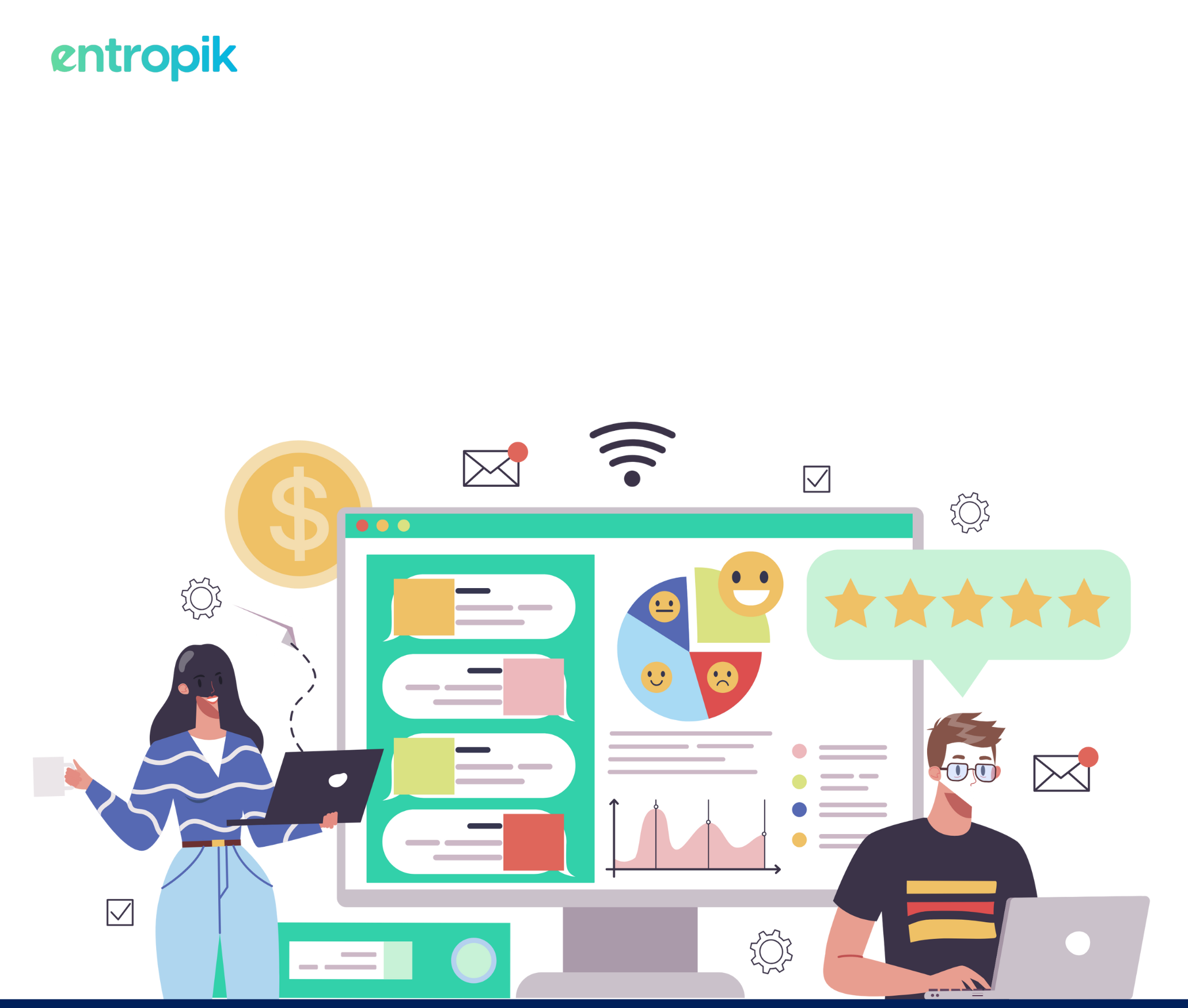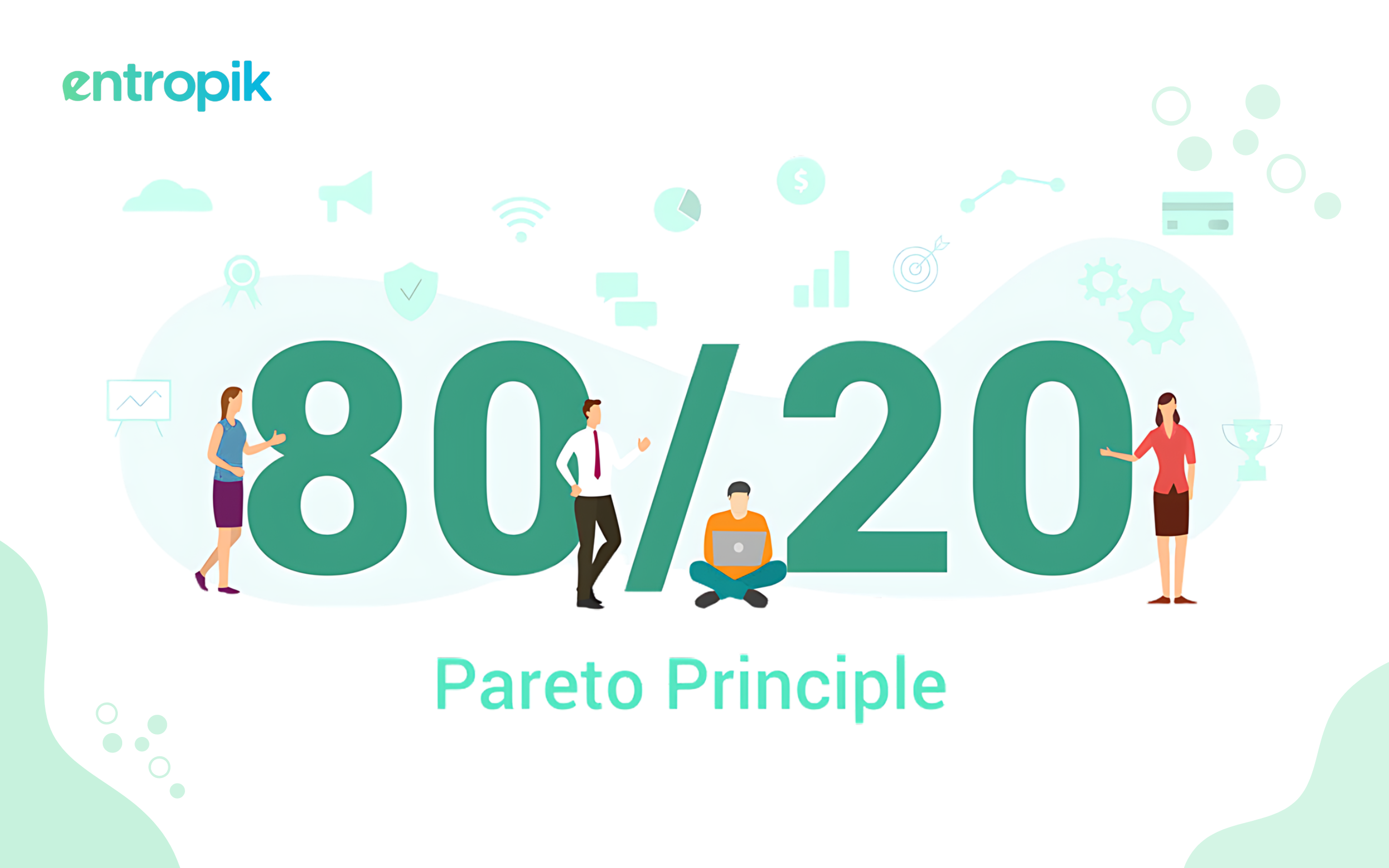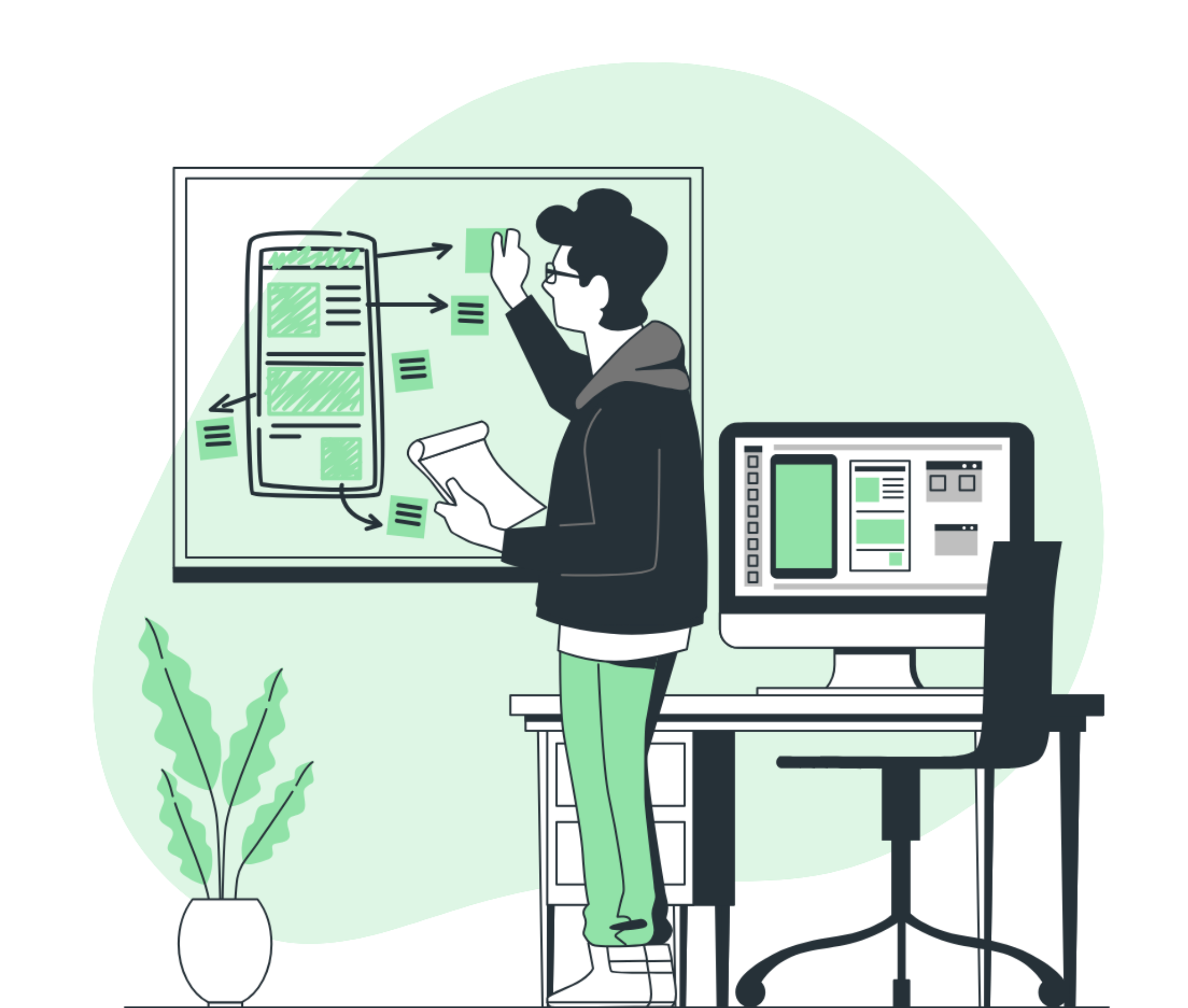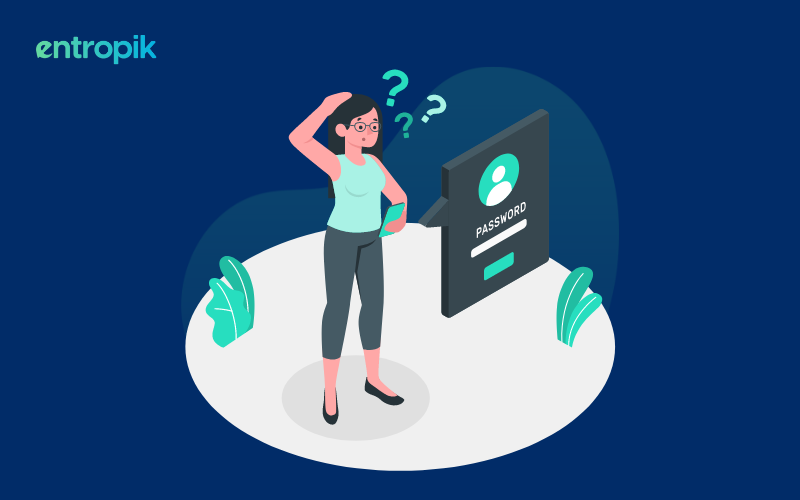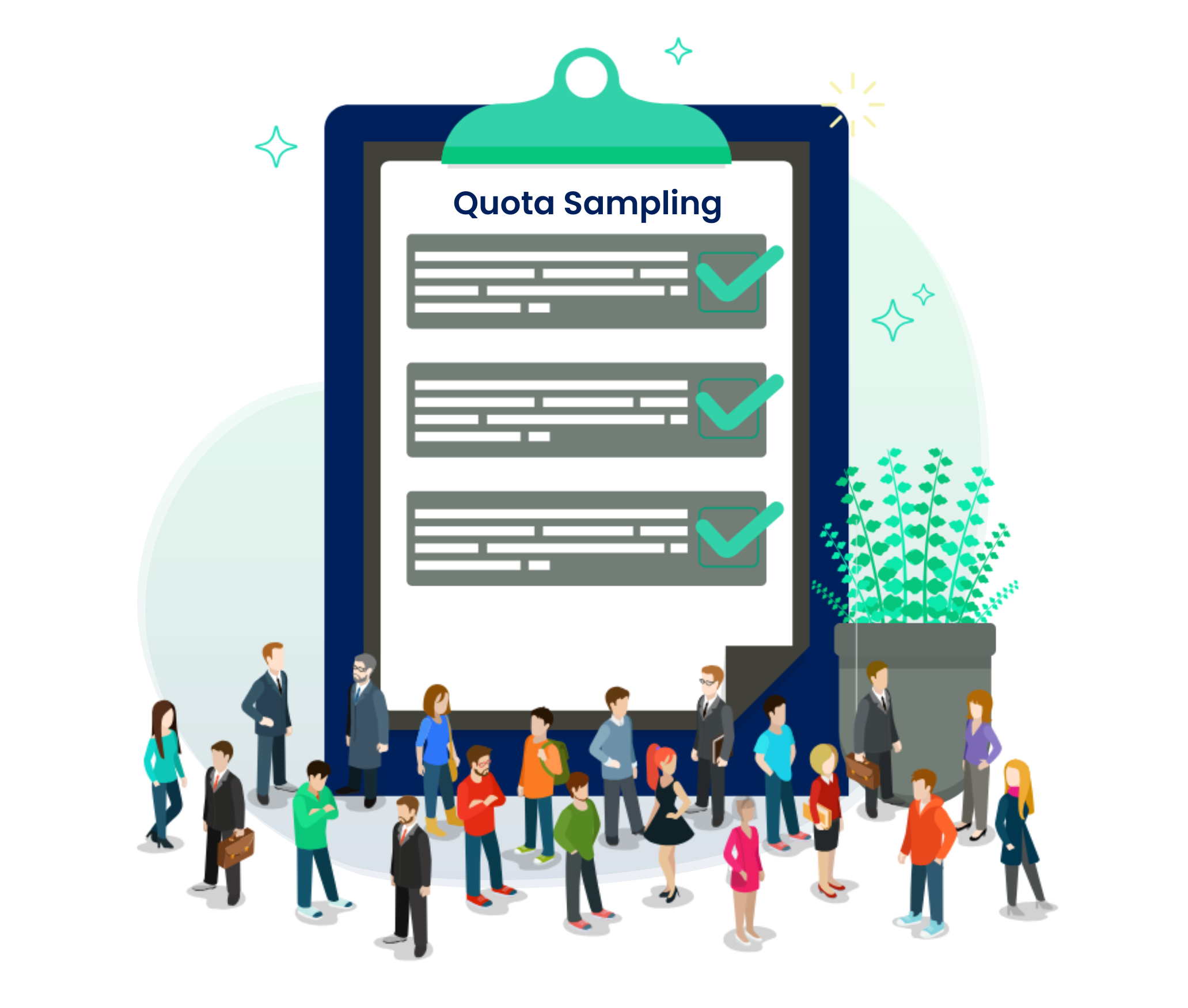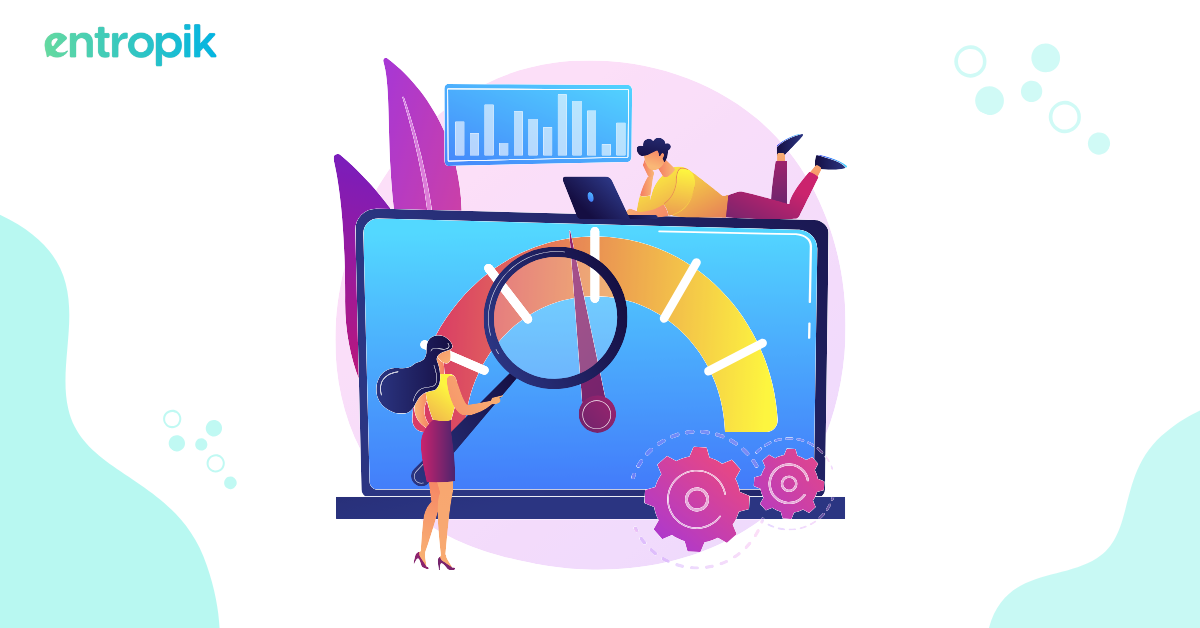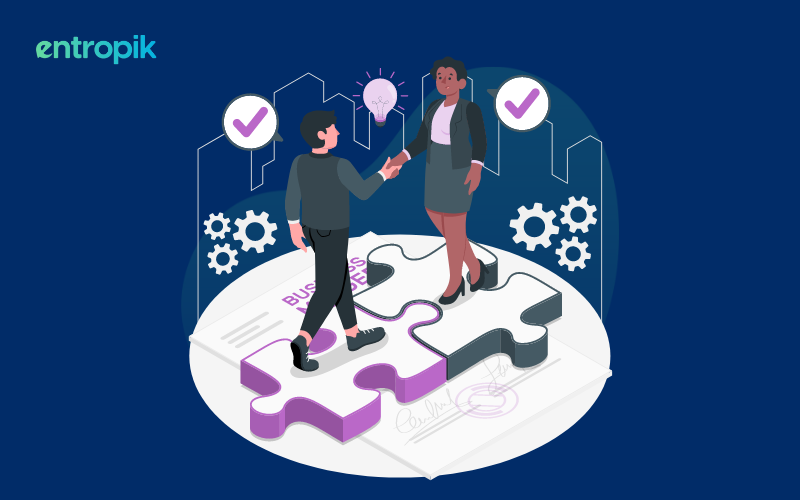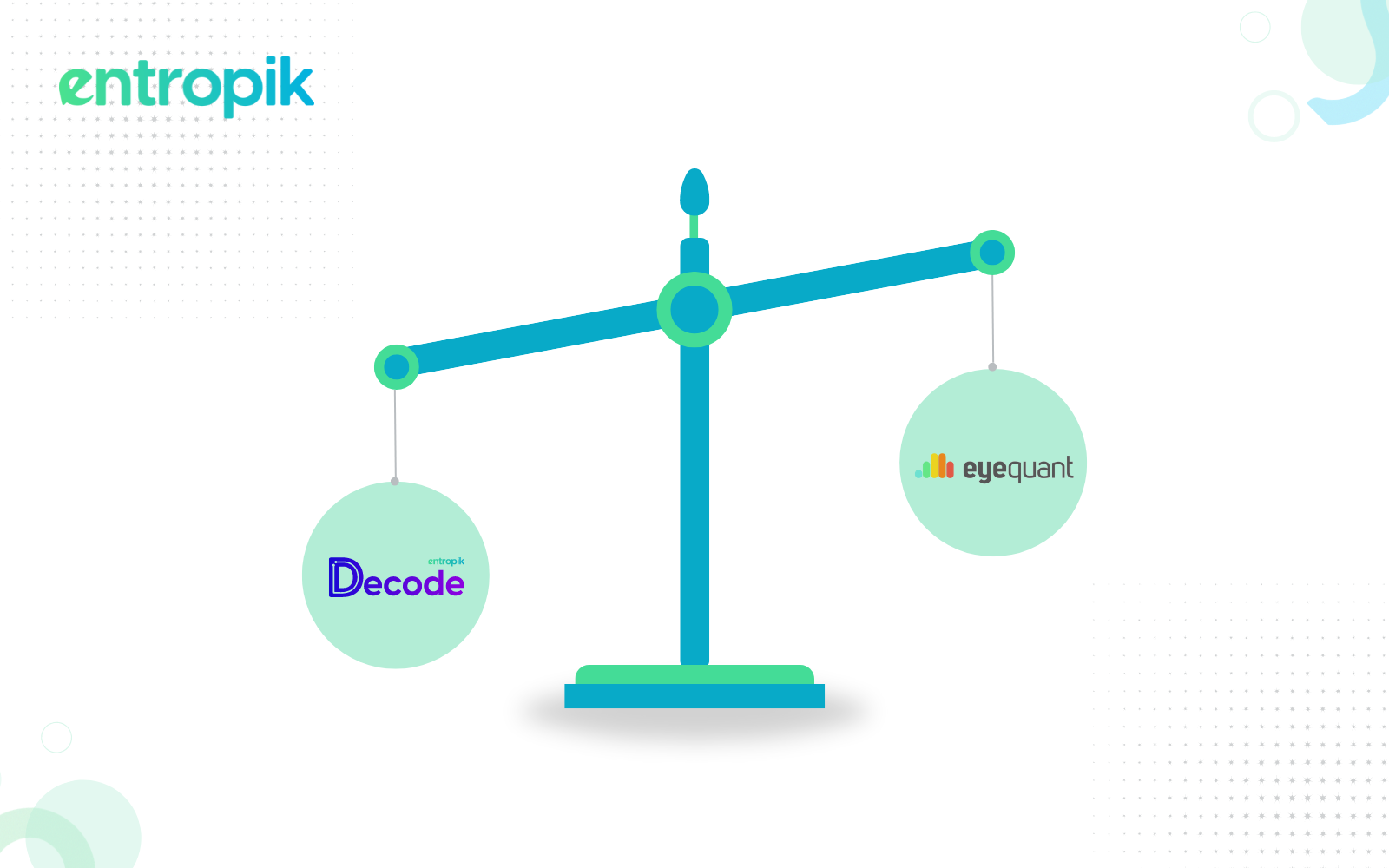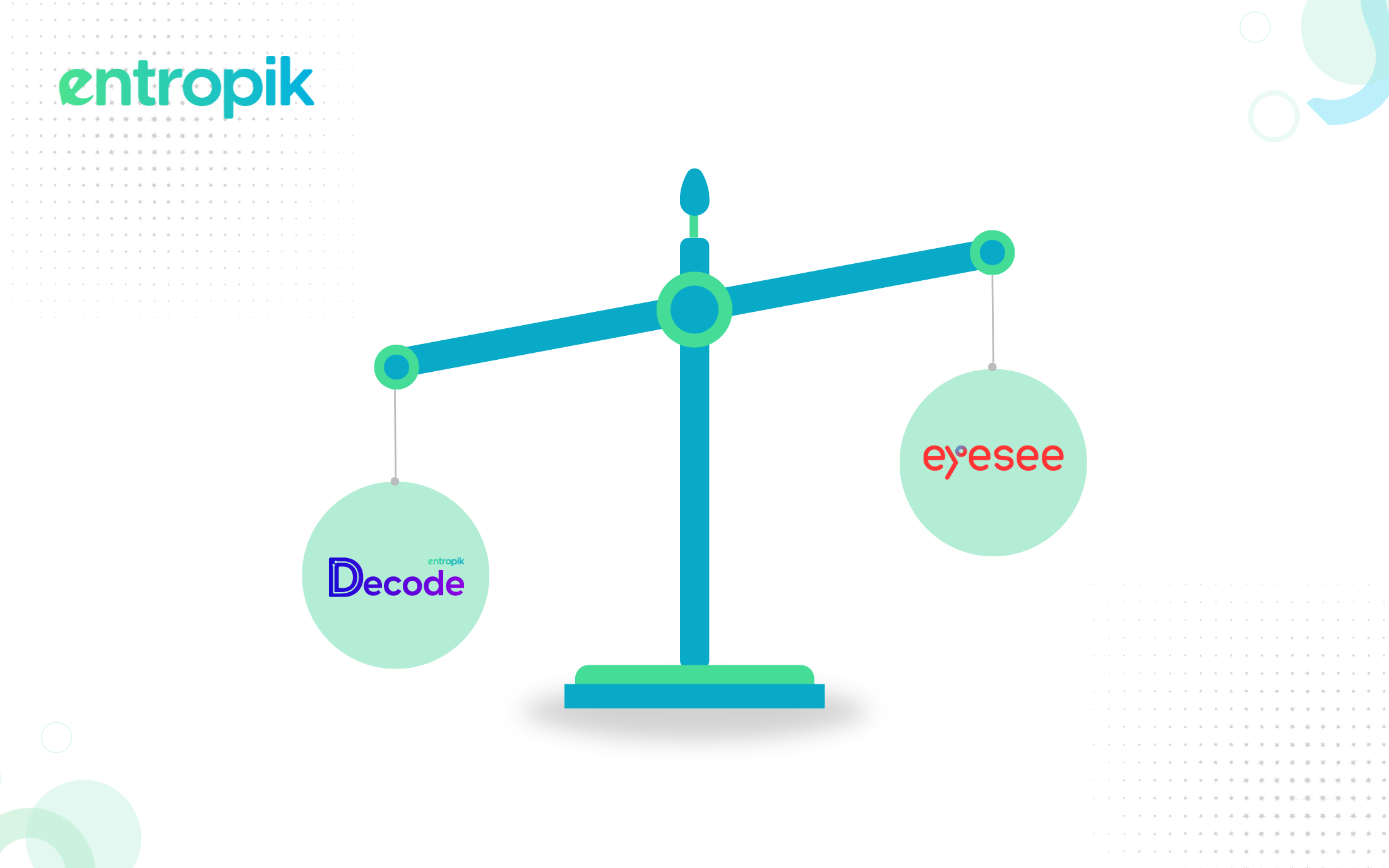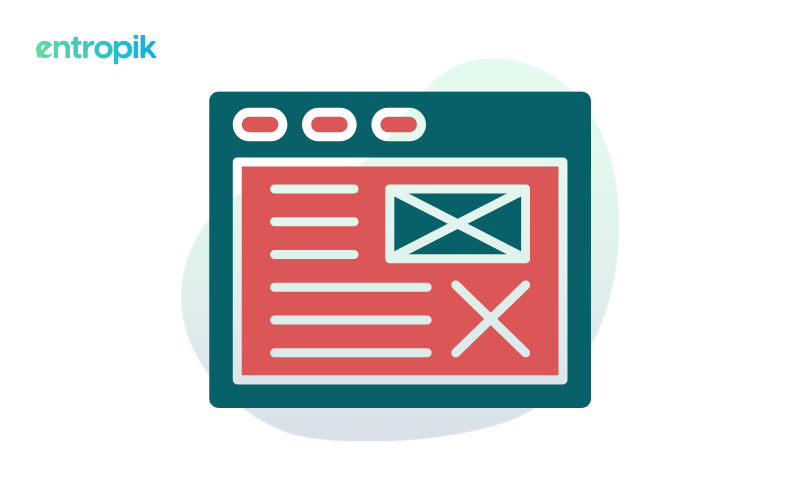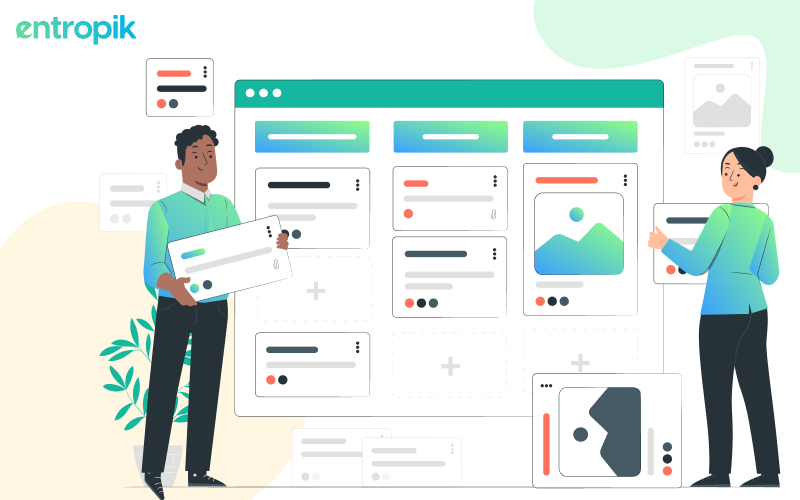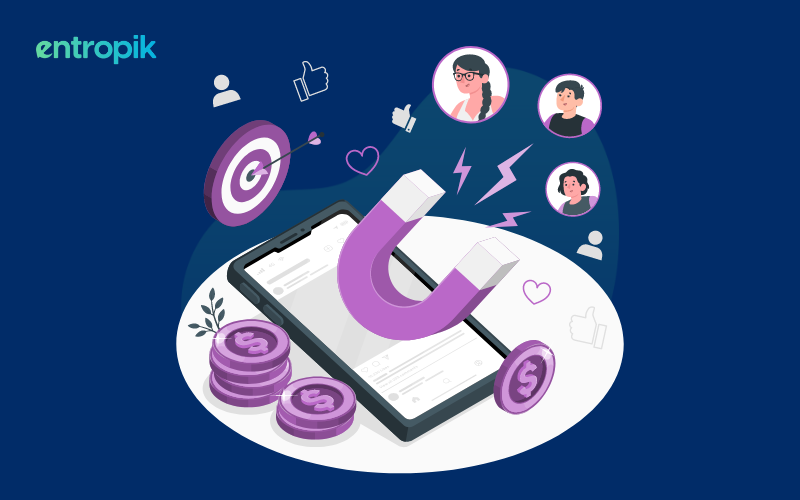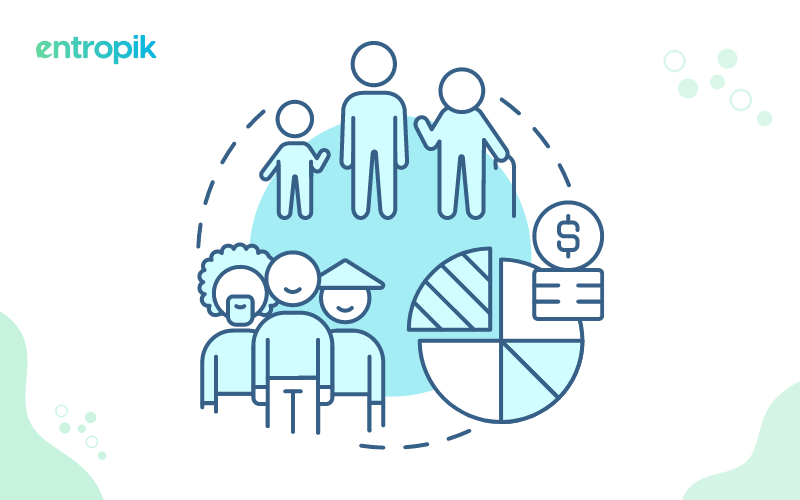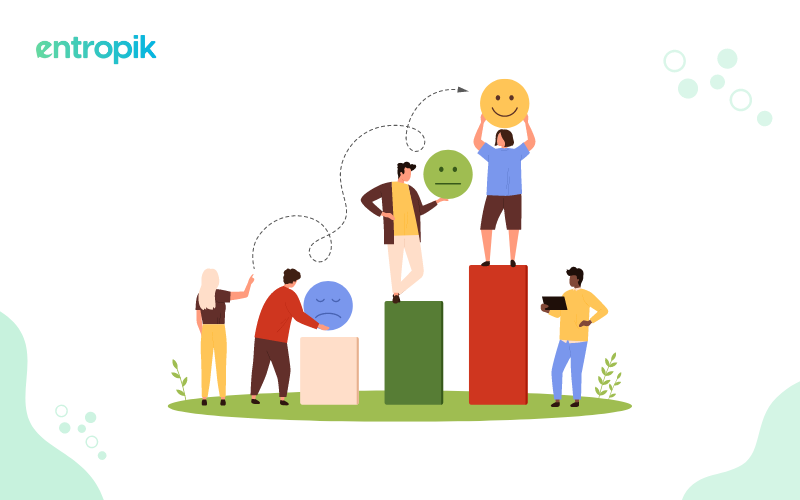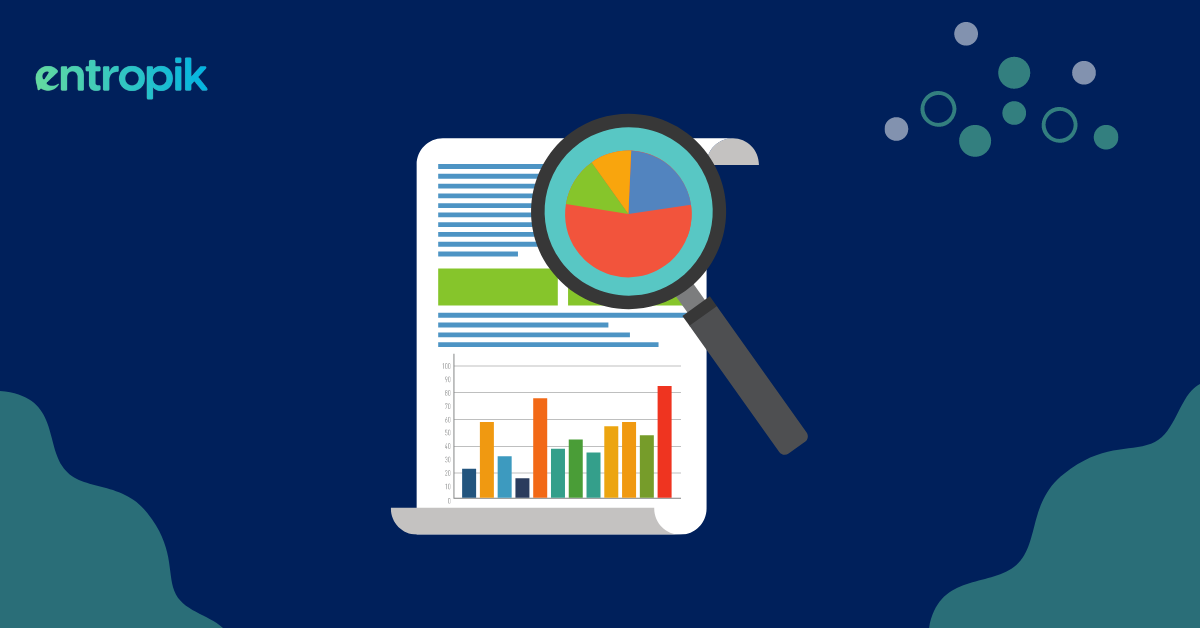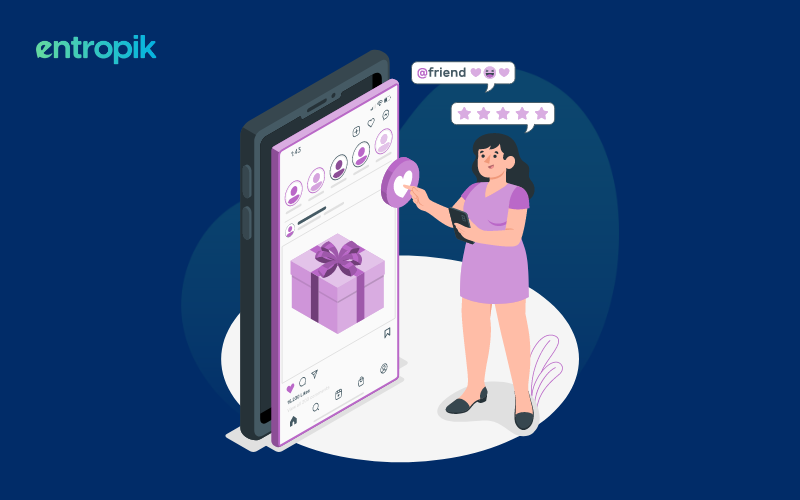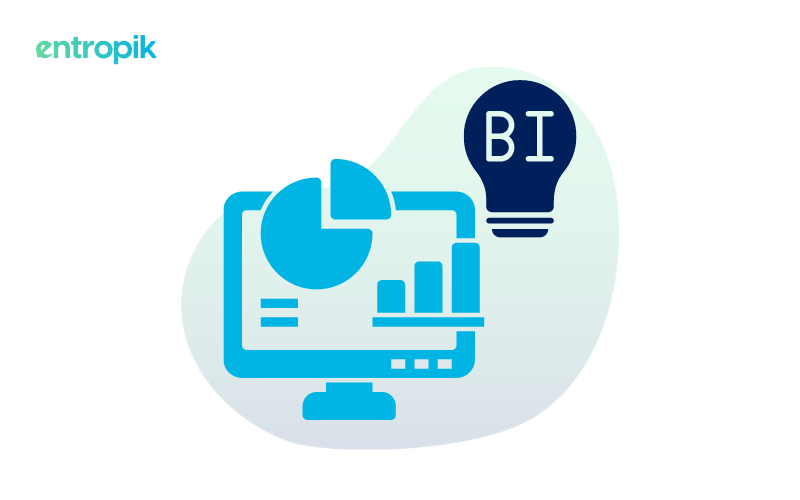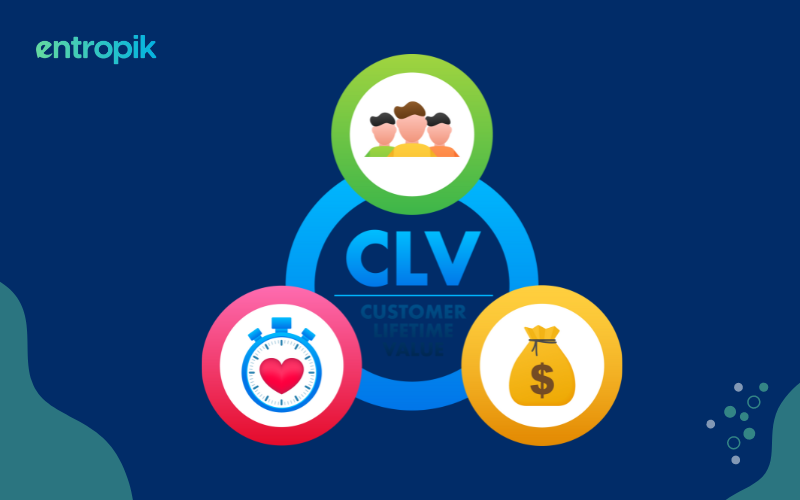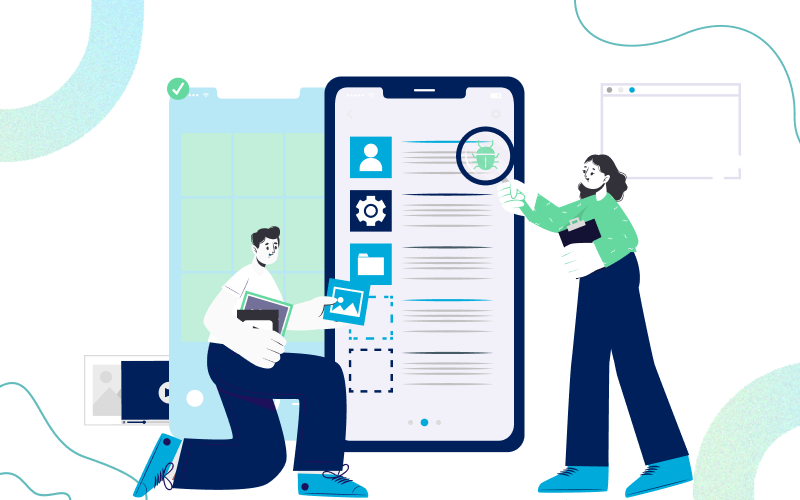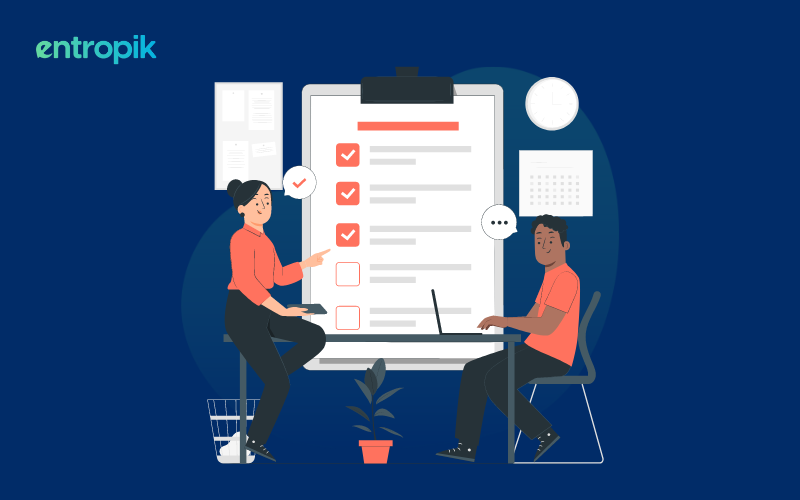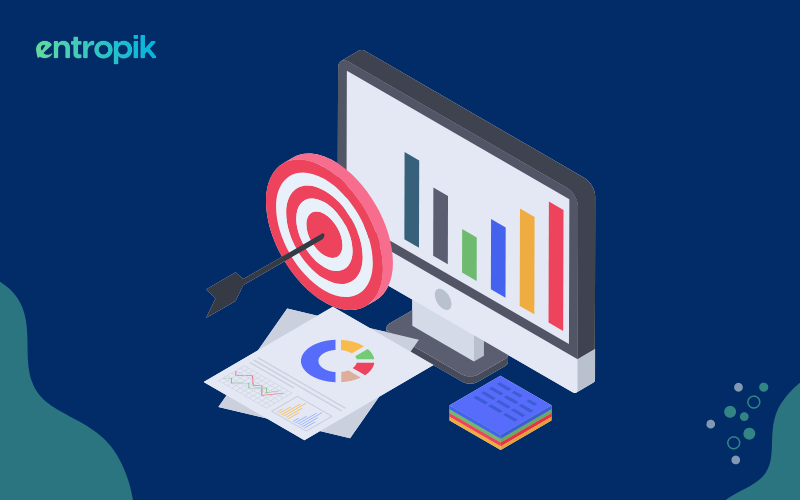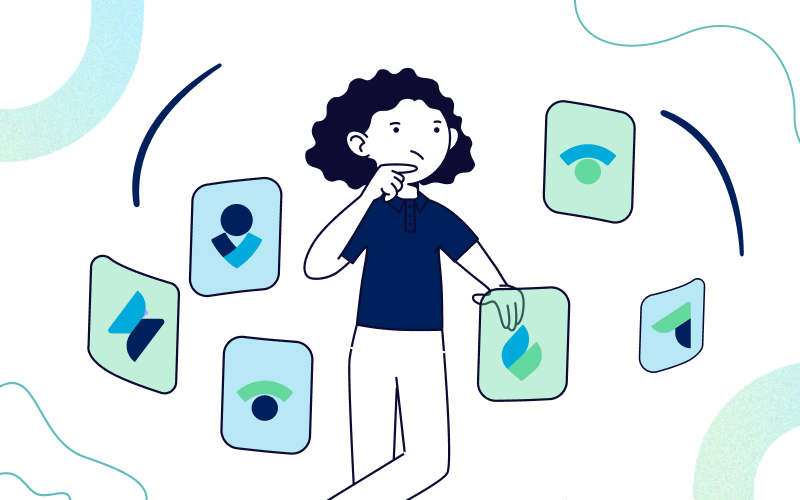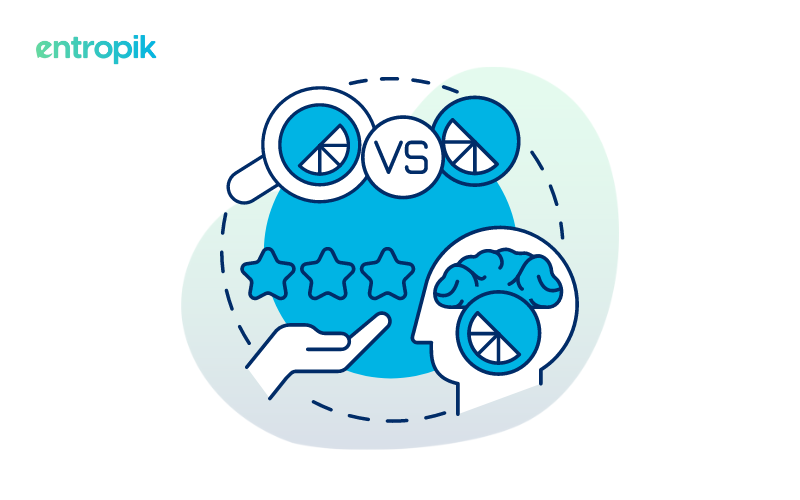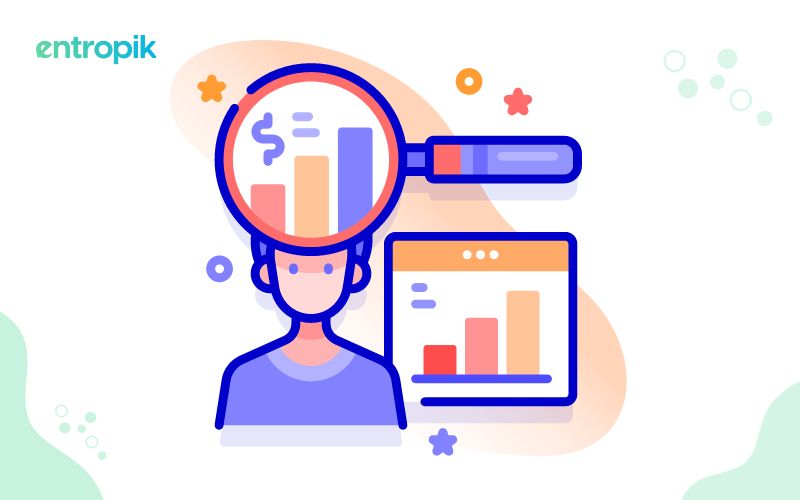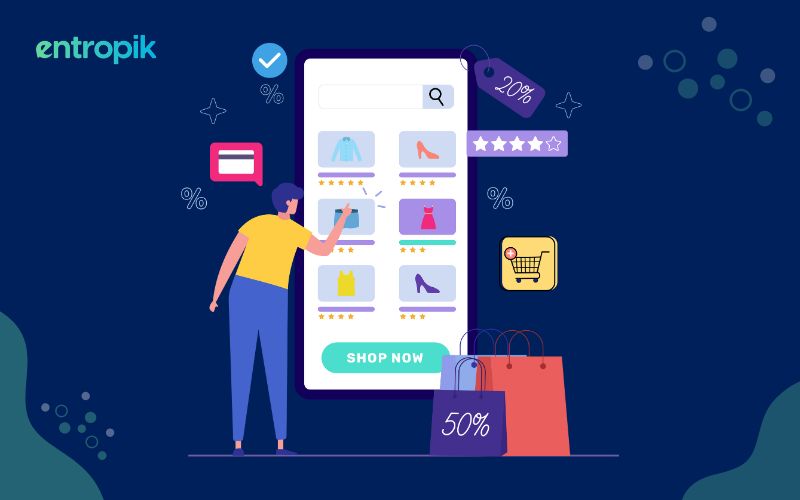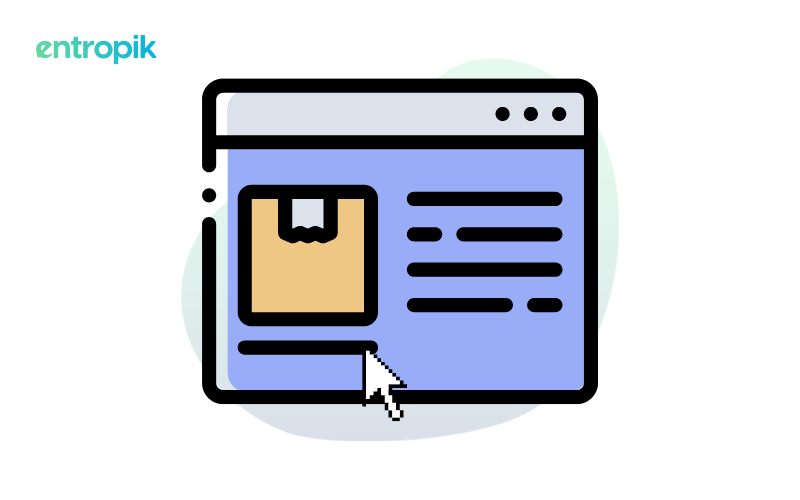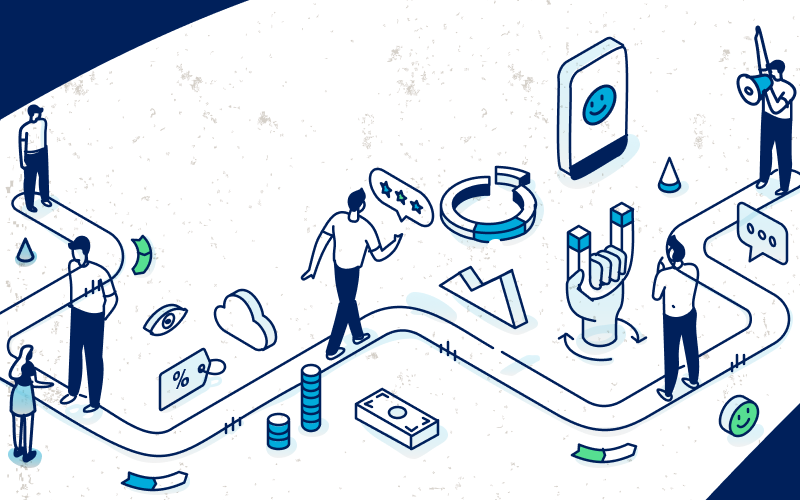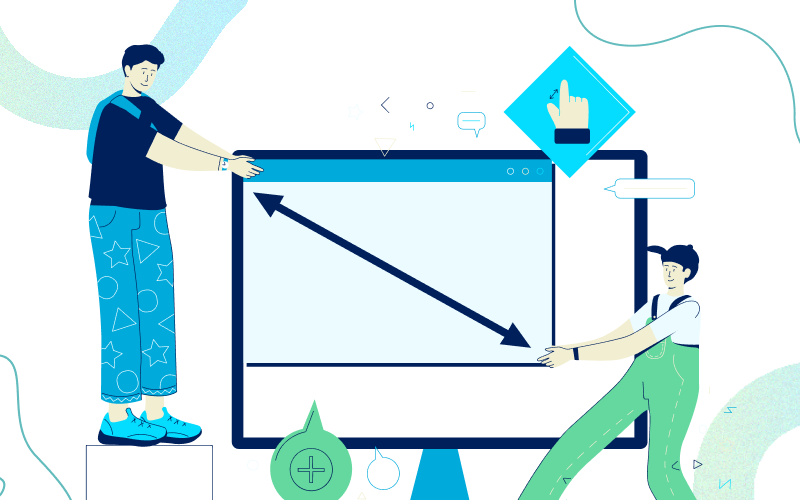Usability testing is a great way to understand how real users interact with your product or service and get real user feedback. But you only get accurate and actionable insights from usability tests if you ask the right questions.
Learning how to write usability testing questions is both an art and a science. The wording you choose can make all the difference between getting accurate, valuable data that helps you improve the user experience or just the opposite.
Fortunately, we've got a raft of tips and examples to help as we've talked to many UX researchers, searched the web, and put together the best usability testing questions you can ask to get deep user insights.
So, if you want to create good usability testing questions, this blog is for you. But before we share the usability testing questions that you can directly use for your business; you need to know what a good usability testing question is.
What Is a Good Usability Testing Question?
Framing a good usability testing question is not rocket science. It just needs to be simple, open-ended, and actionable:
To frame a good usability testing question, keep the following tips in mind:
- Be specific: Use clear and concise language to avoid confusion or misunderstanding.
- Avoid leading questions: Do not ask questions that guide the user to a specific answer, as it can lead to bias.
- Focus on tasks: Frame questions around a specific task that the user needs to complete. This will help you identify pain points and areas of improvement.
- Avoid technical jargon: Use language that is easy to understand. Don't use jargon or technical terms that might confuse the users.
- Use open-ended questions: Avoid yes/no questions as they do not provide detailed insights. Instead, use open-ended questions that encourage users to share their thoughts and feelings.
For example, instead of asking, "Did you find the website easy to use?" which is a yes/no question, a better question would be, "How was your experience navigating the website? Were there any areas that were particularly difficult or confusing for you?"
Open-ended questions like this will encourage the user to provide more detailed feedback about their experience, which can be valuable for identifying areas for improvement.
Related Read: Why every UXer should leverage eye tracking in usability testing?
Types of Usability Testing Questions
This is what you came for—the good stuff. Here are the four types of usability testing questions you should be using to get valuable user insights:
- Screening questions
- Pre-test questions
- In-test questions
- Post-test questions
Before we dive into examples of usability test questions, it's important to remember that a mix of open-ended questions with follow-ups and multiple-choice questions can help stimulate conversation and elicit valuable feedback.
The more detailed information you gather, the better insights you can gain. So, be sure to include various question types to encourage meaningful responses. We'll provide you with several examples of usability test questions to help you get started.
20+ Usability Testing Questions That You Can Use Today
With clear insights into how to frame a good usability testing question and the type of usability testing questions, it is time to delve into examples.
Let's say you are an online retailer and want to conduct remote usability testing - you can ask these questions depending on the type of data you want to collect.
- To collect quantitative data, you can utilize scales, such as a range of numbers from 0 to 10, and multiple-choice questions where respondents select from various options, such as choosing between options a, b, or c. (e.g., you can tell users to add a product to the cart and ask them - How was the process? (Super unintuitive, unintuitive, intuitive, super intuitive)
- To collect qualitative data, you can ask open-ended questions (e.g., you can tell them to place an order on the website and ask them - how was the process of making an order.
Given below are 20 usability testing questions divided into four categories that will prompt participants to provide useful insights without introducing bias.
Screening Questions: These questions are used to check the user's background and existing knowledge of the brand or products. This helps to identify potential biases and ensure that the participant is a suitable candidate for the study.
- What is your age range?
- How often do you typically shop online?
- Are you familiar with our brand?
- Do you have any experience with similar brands?
- Have you shopped online on our website before?
Pre-Test Questions: These questions are used to gather information about the user's prior experience with similar products or tasks and their expectations for the current test. This information helps to establish a baseline for comparison and identify potential areas of confusion or difficulty.
- What do you hope to find on our website today?
- How do you usually go about searching for items online?
- What is important to you when shopping online?
- What are your expectations for the checkout process?
- Have you experienced any difficulties or frustrations with online shopping in the past?
In-Test Questions: These questions are used to gather feedback during testing and assess the user's understanding and experience with the product.
- Can you walk me through your thought process while searching for a specific product?
- How easy or difficult was finding the product you were looking for?
- Were you able to navigate the website easily?
- Were the product descriptions and images helpful?
- Did you encounter any issues with the website's functionality?
Post-Test Questions: These questions are used to gather overall impressions and feedback after the testing is completed and can help identify improvement areas in the product or testing process.
- How satisfied are you with your shopping experience on our website?
- Was there anything you particularly liked or disliked about our website?
- Would you recommend our website to a friend or family member?
- Is there anything we can change or improve about our website?
- Do you have any additional feedback or comments about your experience shopping on our website?
Ask the Right Usability Testing Questions and Get Valuable Insights
When it comes to usability testing, asking the right questions is critical to obtaining valuable insights. By crafting effective usability testing questions, you can gather accurate data that can help you improve the usability of your product or service.
But even with years of experience with all stages of a usability test, people still fail to obtain helpful information from these tests. Lucky for you, it doesn't take much time to learn how to get valuable insights by framing and asking the right usability testing questions.
Also, if you want to avoid mistakes while conducting usability testing -take a look at these usability testing mistakes (and how to Fix them).
{{cta-button}}


.png)












.jpg)


